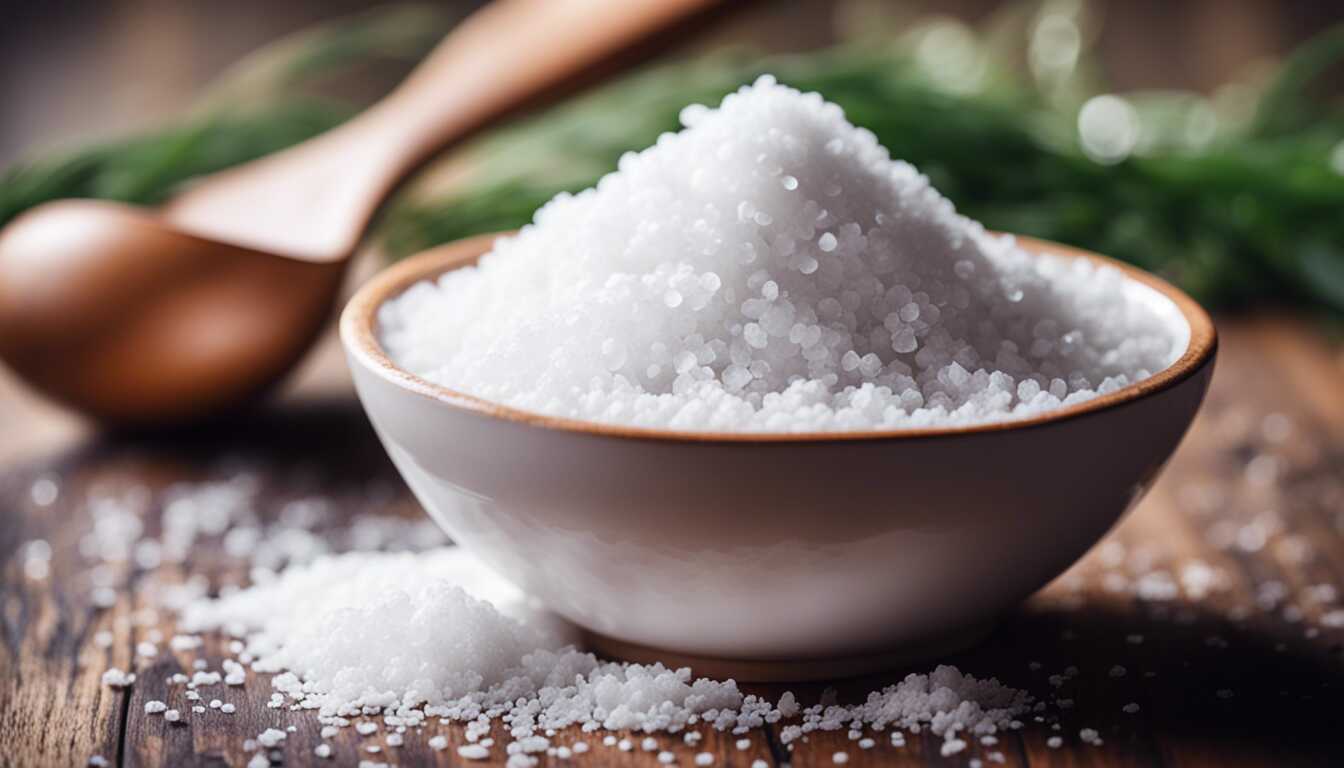
Understanding the Salt Debate: The Impact of Sodium Intake on Health

Many Americans are conscious of the need to reduce their sodium intake, as indicated by the prevalence of low-sodium products on supermarket shelves. However, the extent of the issue remains unclear to most. The critical question remains: How much salt is too much, and to what extent is it a problem? Addressing this concern, medical experts shed light on the significance of salt in our diet, outlining the potential health risks associated with excessive consumption.
The Essential Role of Sodium in the Body
Dr. Columbus Batiste, the regional chief of cardiology with Kaiser Permanente in Southern California, emphasized the necessity of salt in regulating essential bodily functions such as muscle contractions, fluid balance, and nerve transmission. Echoing this sentiment, Dr. Rohan Khera, an assistant professor of cardiovascular medicine at the Yale School of Medicine, highlighted the vital role of salt in sustaining the functionality of every body cell, particularly active heart and muscle tissues. Additionally, Dr. John Higgins, a cardiologist with UTHealth Houston, underscored salt's involvement in sweating, cellular function, metabolism, fluid maintenance, and the proper functioning of muscles and nerves.
Recommended Salt Intake for Adults
According to cardiologist Dr. Nieca Goldberg, healthy adults require a mere 500 milligrams of salt per day to uphold optimal bodily functions. While this minimal intake may be unattainable for many, the American Heart Association suggests that healthy adults should limit their daily salt consumption to no more than 2,300 milligrams, with an ideal cap at 1,500 milligrams. Despite these guidelines, Goldberg highlighted that the average American exceeds the recommended intake, primarily due to the high sodium content in processed foods, with the average daily consumption standing at around 3,500 milligrams.
Risks Associated with Excessive Salt Consumption
The perils of excessive salt intake are manifold, ranging from high blood pressure, stroke, and heart disease to osteoporosis, stomach cancer, kidney disease, renal stones, and obesity, as outlined by Dr. Higgins. Moreover, Batiste emphasized the negative impact on blood vessels, hormonal pathways, immune response, gut microbiome, and body fat metabolism, underscoring the potential for premature death attributable to excessive salt intake.
Individualized Risk Assessment
While high salt intake poses a significant risk to individuals with conditions such as high blood pressure, heart failure, or kidney disease, Dr. Goldberg noted that those with healthy blood pressure may not be as adversely affected. For those at risk, including patients with high blood pressure, heart failure, or a history of heart attack or stroke, strict limitations on salt consumption are imperative to manage their condition effectively.
Strategies for Reducing Salt Intake
To mitigate the risks associated with excessive salt consumption, Dr. Higgins recommended practical approaches such as substituting table salt with sodium-free alternatives, opting for lower-salt versions of commonly consumed foods, and adeptly scrutinizing food labels. Additionally, for individuals with high blood pressure, incorporating potassium-rich fruits and vegetables into their diet can naturally lower blood pressure levels.
Specialized Conditions Requiring Increased Salt Intake
While the general population is advised to limit salt intake, certain medical conditions necessitate increased salt consumption. These include orthostatic hypotension, high-performance athletes, cystic fibrosis, Addison's disease, electrolyte abnormalities, and individuals undergoing dialysis. However, any adjustments to salt intake should be made under the guidance of a healthcare professional.
Share news















